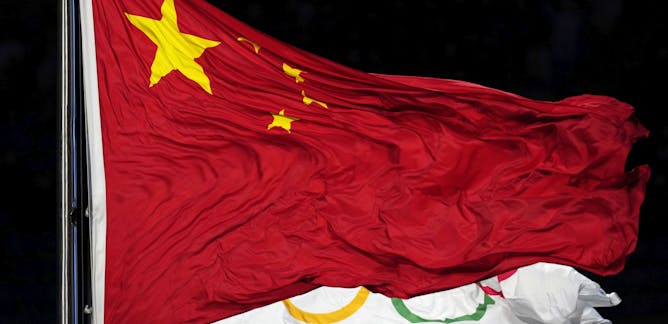
Articles on WADA
Displaying 1 - 20 of 46 articles

The World Anti-Doping Agency stands by its handling of the allegations. So, why have some in the media and in the US been so quick to point the finger at China?

The AFL has had several cocaine-centred controversies recently, but why is the drug considered performance enhancing?

The confidential, medical nature of the AFL’s illicit drug policy has triggered critics – is the policy working, and how can it be improved?

Anti-doping efforts are not stopping cheating in sport. Unless there’s a game changer in technology, we might just have to live with a certain amount of doping in the Olympics.

Athletes are not the enemy. Cases of extremely low levels of prohibited substances could be referred to a third party for investigation, rather than putting the burden on the athlete.

Following the Chinese swimmer’s eight-year ban, FINA must examine its governance and follow the example set by athletics and tennis to investigate and prosecute doping.

Retrospective drug testing is meant to help deter doping in sport, but will the public become indifferent to drug taking as more and more cheaters are caught?

Ligandrol is used to help repair and build mass and is banned for use by professional athletes because it can give a competitive advantage.

The protests against Sun Yang at the world championships highlight the problems with the system set up to protect the sport from doping.

Anti-doping laboratories have historically worked well, but the anti-doping organisations themselves lack oversight.

By using her public profile to suggest bias in drug-testing, Williams is calling into question the integrity of those tasked with the role of monitoring ‘clean sport’.

Doping controversy around British cycling and athletics is the latest sign that sports authorities need to do something drastic.

The Team Sky boss is due to give evidence to MP’s at parliament. Here’s what they should ask him.

What do the concepts like ‘cheating’ and ‘performance enhancing’ mean to young African footballers?

A new Russian hack has claimed to reveal the details of so-called therapeutic use exemptions. But could transparency in this area be a benchmark for the fight against drugs in sport?

Only a better understanding of what drives doping can improve enforcement. To do so, we must break with the perception of doping as an individual or moral problem.

The International Olympic Committee will allow Russians wanting to compete in the Rio 2016 Olympics the chance to do so if they can prove they’re clean to their sports federation.

Where Russia broke the cardinal rule of doping – don’t get caught – the anti-doping regime has broken a cardinal rule of nature: don’t poke the Russian Bear.

With weeks to go before the Olympics, it’s unlikely Kenya will be sanctioned over fresh doping claims. No matter what happens, a shadow will be cast over the integrity of the country’s athletes.

The ban on Russian athletes at the Rio Olympics feels like a victory, but it masks an insular system which is spread too thin.
